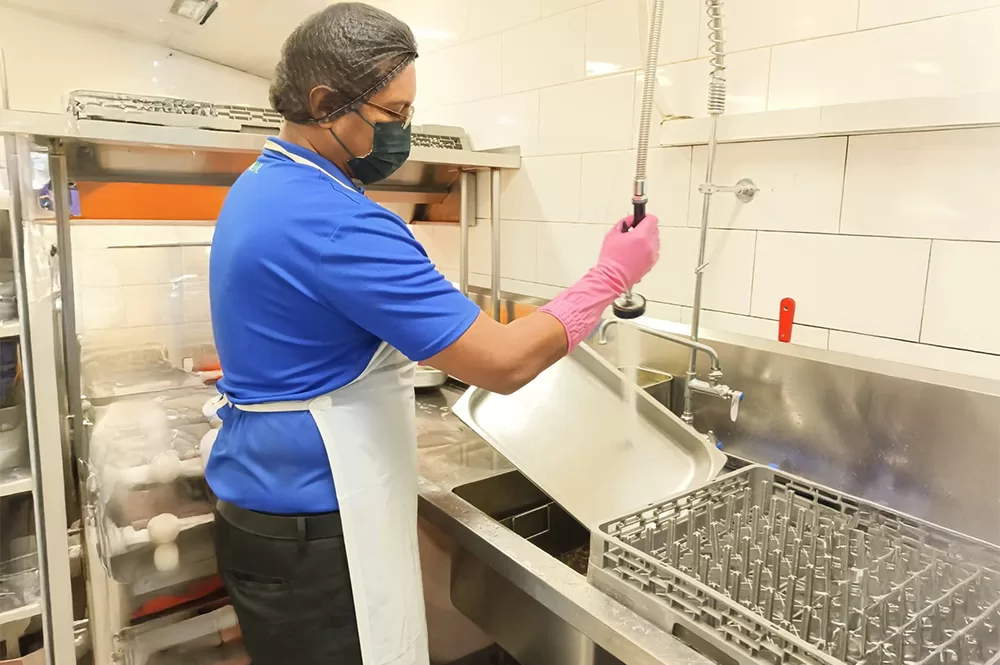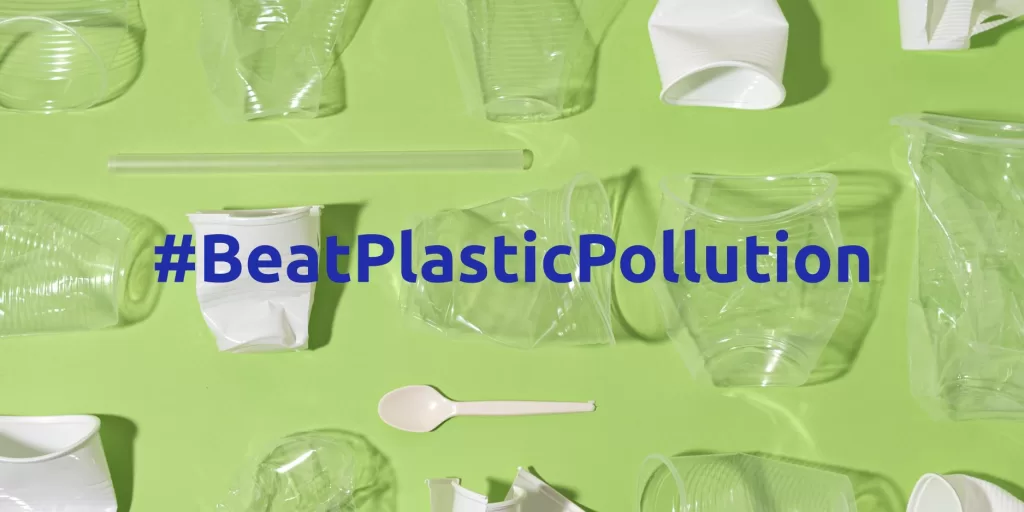The concept of minimalist living is gaining traction in today’s world. At its core, minimalism is about simplifying our lives by focusing on what truly matters and reducing our reliance on material possessions. This shift towards mindful consumption and reduced waste aligns with the principles of sustainable living and offers a compelling solution to the growing environmental concerns surrounding household waste.
But how exactly does minimalist living contribute to waste reduction, and what steps can we take to embrace this lifestyle? Let’s explore the connection between minimalism and a greener, more sustainable future.
What is a Minimalist Lifestyle?
Minimalist living is an intentional approach that emphasises simplicity and focuses on essentials. It involves decluttering our physical spaces and minds, and letting go of the unnecessary to make room for what truly matters. This lifestyle challenges the pervasive consumerist culture, encouraging us to find joy and fulfilment in experiences rather than material possessions.
In fact, people adopt minimalist lifestyles for various reasons:
- Environmental Concerns: Many are driven by a desire to reduce their environmental impact. They minimise waste, conserve resources, and contribute to a healthier planet by consuming less.
- Financial Freedom: Minimalism can lead to financial freedom by reducing spending on non-essential items. This allows individuals to allocate resources towards experiences, investments, or charitable causes that align with their values.
- Stress Reduction: Decluttering physical spaces can lead to a calmer and more organised environment, reducing stress and promoting peace and well-being.
- Increased Focus and Productivity: By eliminating distractions and focusing on essentials, minimalists often experience increased focus and productivity in their personal and professional lives.
Connection Between Minimalism and Waste Reduction
Minimalists inherently reduce their environmental footprint by consciously choosing to consume less and prioritising experiences over material possessions. This lifestyle shift generates less household waste, contributing to a more sustainable and eco-friendly way of living.
Here are some of the ways minimalism contributes to waste reduction:
- Reduced Consumption: Minimalists are mindful consumers who carefully consider their needs before purchasing. This conscious consumption pattern reduces the acquisition of non-essential items, ultimately reducing the amount of waste generated.
- Less Packaging Waste: Minimalists often opt for items with minimal packaging, prioritising quality over quantity and choosing durable products. This reduces the amount of packaging waste in landfills, contributing to a cleaner environment.
- Reduced Food Waste: Minimalists tend to be more mindful of their food consumption habits, planning meals carefully and avoiding impulsive grocery purchases. This reduces the likelihood of food spoilage and minimises food waste disposal in Singapore.
- Less Plastic Waste: Minimalists often adopt reusable alternatives to single-use plastics, such as water bottles, shopping bags, and food containers. This conscious choice significantly reduces plastic waste, a major environmental concern.
- Decluttering and Repurposing: Minimalists regularly declutter their belongings, donating or repurposing items they no longer need. This extends the lifespan of products and reduces the amount of waste sent to landfills.
How to Start Practicing Minimalist Living
Embarking on a minimalist lifestyle journey can seem daunting, but it doesn’t require a complete overhaul of your life overnight. Here are some tips to get you started:
- Declutter Your Space: Begin by decluttering your home, room by room. Assess each item and ask yourself if it serves a purpose or brings you joy. If not, consider donating, selling, or responsibly disposing of it. If the task feels overwhelming, consider engaging a cleaning company in Singapore to help you get started.
- Create a Capsule Wardrobe: A capsule wardrobe consists of essential clothing items that can be mixed and matched to create a variety of outfits. This reduces the need for excessive clothing purchases and promotes mindful consumption.
- Digitise Where Possible: Reduce paper clutter by digitising documents, bills, and other important papers. This not only saves space but also reduces paper waste.
- Shop Intentionally: Before making a purchase, ask yourself if you truly need the item and if it aligns with your values and lifestyle. Prioritise quality over quantity and choose durable, sustainable products.
- Embrace Experiences: Shift your focus from material possessions to experiences. Invest in travel, hobbies, personal growth, and meaningful connections with loved ones. These experiences create lasting memories and contribute to a more fulfilling life.
- Adopt Reusable Alternatives: Reduce your reliance on single-use plastics by adopting reusable alternatives, such as water bottles, coffee cups, shopping bags, and food containers.
- Practice Gratitude: Cultivate gratitude for what you have rather than focusing on what you lack. This shift in perspective can help reduce the desire for unnecessary possessions and promote contentment.
- Be Patient and Kind to Yourself: Minimalism is a journey, not a destination. Be patient with yourself as you navigate this process, and don’t be afraid to experiment and find what works best for you.
The Future of Minimalism and Sustainability
Minimalist living is more than just a trend; it’s a conscious shift in values and lifestyle that has the potential to shape a more sustainable future. As environmental concerns become increasingly pressing, minimalism offers a compelling solution to overconsumption and waste generation challenges.
- Shift in Consumer Behaviour: We are witnessing a growing awareness of the environmental and social impact of our consumption habits. Consumers are becoming more discerning, prioritising quality, durability, and ethical sourcing. This shift in consumer behaviour towards a minimalist lifestyle can influence industries to adopt more sustainable practices and produce goods that are built to last.
- Circular Economy: Minimalism aligns perfectly with the principles of a circular economy, where resources are kept in use for as long as possible, and waste is minimised. By consuming less and prioritising durable, repairable products, minimalists contribute to a more circular system, reducing the demand for new resources and minimising waste generation.
- Influence on Environmental Policies: As the minimalist movement gains momentum, it can influence environmental policies and regulations. Governments may implement measures to encourage sustainable consumption, reduce household waste, and promote the use of recycled materials.
- Minimalism in the Digital Age: While minimalism is often associated with physical possessions, it can also extend to the digital realm. Digital minimalism involves decluttering our digital lives, reducing reliance on technology, and being more mindful of our online consumption habits.
Minimalism : A Path to Personal and Planetary Well-being
Minimalist living offers a compelling path towards a more fulfilling and sustainable life. By decluttering our spaces, consuming mindfully, and prioritising experiences over material possessions, we can reduce our environmental impact, enhance our well-being, and contribute to a healthier planet.
Embracing minimalism is not about deprivation; it’s about finding freedom from the excess and focusing on what truly matters. It’s about aligning our values with our lifestyle choices and creating a meaningful and sustainable life.




